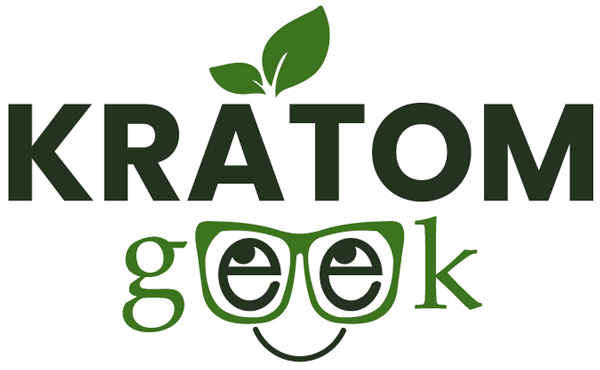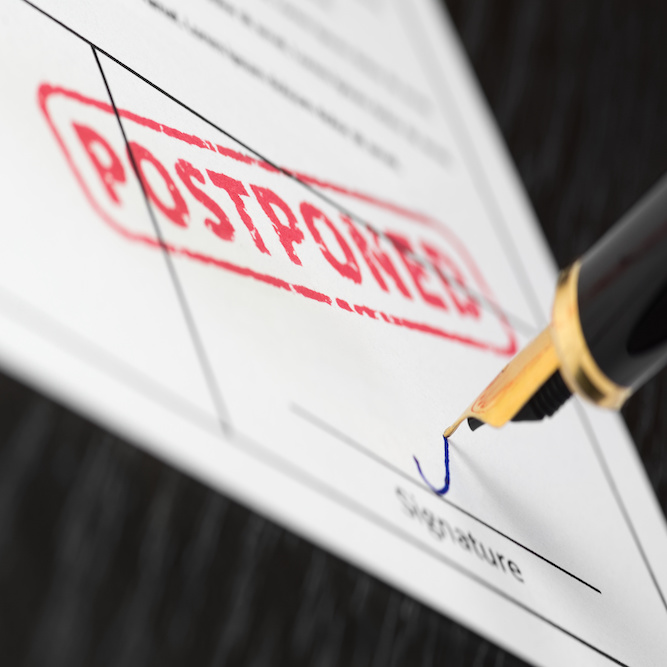The Kratom industry in the United States remains susceptible to ongoing threats from government entities. The Food and Drug Administration (FDA) set its sights on the plant about a decade ago. Then the Drug Enforcement Agency (DEA) initiated an emergency scheduling of Kratom in 2016. Those actions were short-lived, however.
An outcry from the public made the Kratom ban mainstream news. Politicians voiced their opposition to it, so, the DEA pulled an about-face on the subject.
At the time, Kratom consumers thought the war on Kratom was over. Unfortunately, that wasn’t true. The United States Department of Health and Human Services (HHS) recommended the DEA schedule the primary alkaloids in Kratom the following year.
The public found out whenever Stat News received those documents from the DEA through the Freedom of Information Act. However, some of the pages were missing. Stat News contacted the HHS directly about it, but the agency declined to provide the rest of the paperwork. The agency stated the media outlet received the original papers erroneously.
As soon as the mainstream media got wind of the story, the HHS flip-flopped on the issue shortly after. It sent another letter to the DEA revoking its previous recommendation to schedule Kratom.
Still, even with the DEA and HHS sitting quietly in the shadows, the FDA has been an outspoken critic of Kratom the entire time.
But American government agencies aren’t the only threat that exists to Kratom.
Kratom Supporters Voice Concern Over Indonesian Ban
These past few years, the US Kratom industry had another menacing political uncertainty. However, this time, the problem was from a foreign governmental agency instead of one of ours.
A lot of Kratom consumers may have been unaware of it, too. The FDA was pushing the same scientific propaganda to the Indonesian government. As a result, some of the politicians in Indonesia wanted to make Kratom illegal. The Ministry of Health in Indonesia recommended making Kratom a Schedule I substance back in 2017, but the agency knew it would cause complications for local farmers. To compensate, it gave the farming community a five-year window before the Kratom ban went into effect in 2022. In our opinion, that’s too short of a timespan to change farming practices.
There are some Indonesian politicians who understood the complication it would create. A few political powers in Indonesia even stood against the Kratom ban altogether. The Indonesian Minister of Agriculture believes taking away Kratom as a cash crop would be disastrous for poor farming communities. So in August 2020, he issued a ministerial decree to declare Kratom as a medicinal plant in Indonesia.
However, the order would not stop the dismantling of the Kratom industry as we know it. The most it would accomplish is keeping Kratom legal for the medical trade only. Still, for Kratom farmers, that act was better than nothing.
Nonetheless, the Kratom ban continued to quickly approach.
Kratom Ban Deadline Gets Pushed Back Two Years
The American Kratom Association (AKA) stepped into action and made several trips to Indonesia. The Kratom advocacy group met with government officials, presenting them with lots of relevant scientific research that disputes the FDA’s claims. The country’s leaders were receptive to the data. Through negotiations, top officials of the Indonesian National Narcotics Agency (BNN) agreed that no Kratom restrictions would commence until 2024.
It technically gave the American Kratom industry two more years to purchase Kratom legally, and n that time, the AKA can continue to lobby Indonesian politicians for Kratom legalization.
Unfortunately, Indonesia can still decide to ban Kratom in the future. They have until 2024. So, Kratom importation becomes guesswork after that.
The Indonesian Kratom stock constitutes almost the entire supply in the market. All the other countries where Kratom grows naturally have legal restraints against selling the plant.
With Indonesia as the only legitimate bulk Kratom supplier, a Kratom ban in the country would cause a collapse of the global Kratom industry. However, that risk has become somewhat mitigated lately by an unexpected nation.
Thailand banned the cultivation of Kratom back in 1943 and classified it as a restricted drug in 1979. The country has had a tumultuous affair with the Kratom tree. Luckily, that feud has finally come to an end.
Thailand Seeks to Capitalize on the Kratom Industry
The relationship between Thailand and Kratom appears to be mending. In 2018, Thailand became the first Southeast Asian country to legalize medical marijuana. Thai law made Kratom legal for medical purposes too, but it only allowed sales to those with licenses from the government.
Afterward, government officials allowed a few villages to grow Kratom on an experimental basis in 2020. The test period was successful because Thailand finally reversed its stance on the Kratom plant in August 2021. Now, the government decriminalized Kratom across the entire country!
Still, some regulations stop the exportation of Kratom on a commercial scale. Only licensed suppliers can sell it for medicinal purposes. Until that law gets reformed, a barrier exists for local farmers that want to compete with Indonesian suppliers.
Justice Minister Somsak pleaded for lawmakers to revise those laws with haste. The Minister of Justice wants to see his countrymen profit from the cash crop.
Apparently, the Kratom industry has another promising country as a Kratom exporter. That could make Indonesian politicians change their stance on the ban. Previously, Indonesia was the odd man out with its lucrative Kratom industry. Now, neighboring countries want a piece of that pie, and governments rarely leave money on the table or give it away freely. Amazingly so, the future of Kratom might be secure over in Southeast Asia.
Another Possible Kratom Ban From the WHO
Unfortunately, a new threat looms on the horizon. The World Health Organization (WHO) had an Expert Committee on Drug Dependence (ECDD) meet in October 2021. One of the points of the meeting was to conduct a pre-review of Kratom and phenibut during the week-long procedure. The results of that review are still unknown. The ECDD must review all submissions from member states in the United Nations (UN) before deciding on an outcome. That process can take a long time.
Thankfully, the American Kratom Association (AKA) was there for public presentations to the committee about Kratom. According to them, all speakers in attendance stood united against the threat of a Kratom ban.
A substance pre-review at an ECDD can have two possible verdicts. The best-case scenario is the committee decides to dismiss future discussions about Kratom and leave the plant alone. That’s what the entire Kratom community hopes will happen. The worst-case scenario is the experts decide a critical review of Kratom is required some time in the future.
Still, that wouldn’t be the end of the world, either. That only means another ECDD would review Kratom for a possibility to schedule it. However, that gives us more time to plan to fight against it. Don’t worry, the Kratom community shall put up a fight until the end.
“Goonies never say die.”






